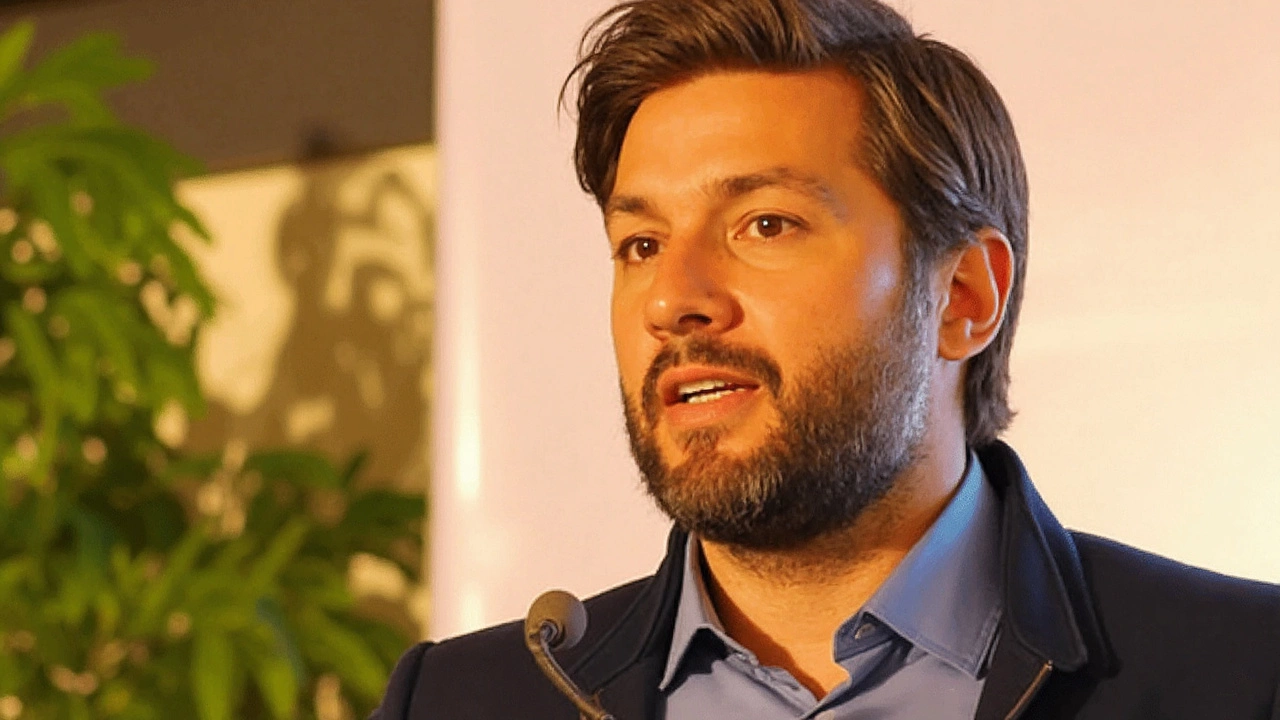Shahid Afridi’s Remarks on Pahalgam Terror Attack Ignite Controversy Across India
 Apr, 29 2025
Apr, 29 2025
Shahid Afridi’s Claims Stir Up Anger in India
Things got heated across India after former Pakistani cricket star Shahid Afridi made some bold and unfiltered claims about the deadly Pahalgam terror attack. On April 22, 2025, Pahalgam in Jammu and Kashmir saw brutal violence that left 26 people dead and many others wounded. Shockingly, Afridi went on record accusing the Indian Army of responding an hour late and suggested the entire incident was a scheme—engineered by India to frame Pakistan for yet another act of terror.
These statements hit a raw nerve, considering the fresh wounds the attack left on the local community and the wider Indian public. To make things worse, Afridi even mocked soldiers for being absent at the scene when the attack began. For many, these words crossed a line, especially at a time when families were still reeling from tragedy.
Blowback from Indian Sports and Politics
Indian cricketer Shikhar Dhawan quickly fired back, rejecting Afridi’s allegations and urging for unity against terrorism, not divisive narratives. Meanwhile, former Pakistan spinner Danish Kaneria called Afridi out for hypocrisy, even dredging up personal allegations—including that Afridi once pressured him to convert to Islam and refused to eat with him because of his faith. These reminders of old wounds between the two players only deepened the controversy.
But this wasn’t just a cricket spat. Asaduddin Owaisi, head of the AIMIM party and a firebrand politician, publicly ridiculed Afridi’s claims, calling him a “joker.” Owaisi didn’t stop there. He pushed for Pakistan's return to the FATF grey list—a list managed by a global anti-money-laundering watchdog for countries suspected of funding terrorism. Owaisi said sanctions should be slapped on Pakistan, both under UN rules and India’s own constitutional powers. His call for action under Article 355, which deals with threats to national security, raised the stakes in the already inflamed debate.
The Indian government, on edge after the attack, wasted no time doubling down on its stance against Pakistan-linked terrorism. Authorities brushed off the idea that India would orchestrate violence on its own soil, pointing instead to Pakistan’s ongoing struggle to rein in militant groups. Officials said Afridi’s comments just reflected a well-worn pattern of deflection and denial from their neighbor across the border.
This war of words between high-profile cricketers, public figures, and politicians doesn’t happen in a vacuum. For many Indians, false claims—especially about issues as grave as mass violence—add fuel to a fire that’s been smoldering for decades between the two countries. The fallout from Afridi’s statements shows just how quickly public figures can turn up the temperature in regional tensions, especially when their words echo old grievances and accusations that stretch well beyond a game of cricket.